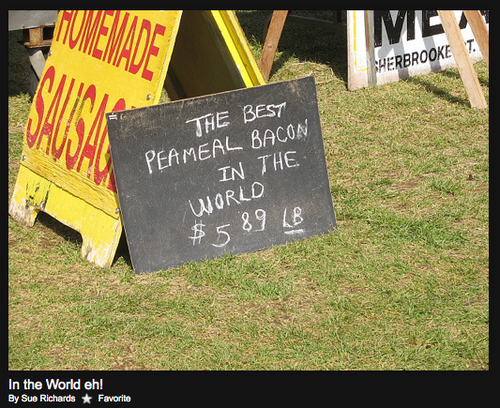
Canadians
are known for many unique characteristics; our polite and friendly nature,
which endures even under the most difficult conditions; our past
association with the British, which is still in existence to this
day; our fierce winters and abundance of snow, which restrict us to our homes
for most of the year; our dependence upon the American entertainment industry;
which occupies most of our television; our love for beer and alcohol, which
often replaces our water; our crazed wildlife, which are dangerous and roam
free; and lastly our mysterious usage of the syllable "Eh". There is only one
Canadian characteristic that beats all others: the syllable "Eh". It is the
most distinct and uniquely Canadian element in existence. "Eh" embodies all
Canadian traits simultaneously and completely. It was passed down to us from
our forefathers and has become apart of the national Canadian identity.
Our
sovereigns and forefathers: the British, who often pretend we don't exist, were
the originals who gifted us with the expression "Eh". We admired their culture
and worshiped their royals. We emulated those proper and respectful Brits and
copied their casual usage of "Eh", which they used in their sophisticated
discussions. "Eh"has ingrained itself into the Canadian culture, becoming even
more famous through Canada than it ever was in Britain. For the British it was
just another word, in Canada it is a way of life. We thank them greatly for
their precious donation of "Eh". No other country recognizes our ownership of
"Eh" more than our fellow New World occupants, the Americans. Who, unlike us,
are not buried under snow for the winter and are able to mock us throughout the
whole year.
Due
to harsh winter storms and layers upon layers of snow, Canadians must remain
indoors for most of the year. During these times of hardship, we must look to
our continent brothers, the Americans. Throughout the winter, American sitcom
serials are what keep us from the deepest of depressions. Occasionally they
generously dedicate episodes to documenting the Canadian lifestyle. These
episodes generally use "Eh" as a prominent tool for Canadian ridicule. As we
are good natured and friendly, we laugh along with our American brothers and
share in the joke of the syllable. In honor of America's recognition, we
proudly increased our usage of "Eh". However, our American brothers seem
confused about the meaning of "Eh", and frequently misuse it. "Eh", in fact, has
two main usages.
With
all of the beer Canadians drink, we are bound to mishear parts of a
conversation. That's where the first usage of "Eh" comes in. We fundamentally
need a polite, non-drunken, way to convey our confusion. We need a replacement
for the sentence: "What did you just say?" At its very core "Eh" is the sound
of a question mark and its simplicity easily covers alcohol induced, sloppy
behavior. In comparison to its American counterpart "Huh", "Eh" is proper and
respectful. "Huh" needs to be spoken gutturally with a slack jaw. "Eh" does not
require such a strenuous effort from our facial muscles, which makes it easier
to smile at the same time. The sentence "Huh, What did you just say?" which
sounds rude and aggressive, is replaced by a short "Eh?" and a smile. In Canada
where the wildlife is free and dangerous it is important to know how to smile,
much as it is important to speak quickly and with purpose.
With
a wild animal about to attack at any moment, a Canadian must insure that they
have a quick way of encouraging a response during a conversation. This is the
second usage of "Eh". It is the sound of the desire for feedback. "Eh"is a fast
way of alerting someone to his or her turn to speak; basically it replaces the
question: "What do you think?" By adding an "Eh", a simple statement such as
"The party was really great last night." can be turned into a question. "The
party was really great last night, eh?" Now the statement merits a response.
With the small addition of a single syllable, a one sided statement has now
become a conversation. Canadians value their friends and strangers, who are
potential friends. We want to hear their opinions, so we speak with "Eh".
The
syllable "Eh" is the only Canadian way to speak. It is a single representation
of all that is Canadian. It represents our British past and association. It
displays our un-reciprocated trust and respect for our New World brothers, the
Americans. It is how we remain polite, even while under other influences. It is
our mark of friendliness, even to those we do not know. Every time it slips
from our tongues, it is an embrace to our culture and to those around us. So go
forth non-Canadians and use our expression, because it will change your lives.
For it is good to live the Canadian way, Eh?
Image source: Flickr
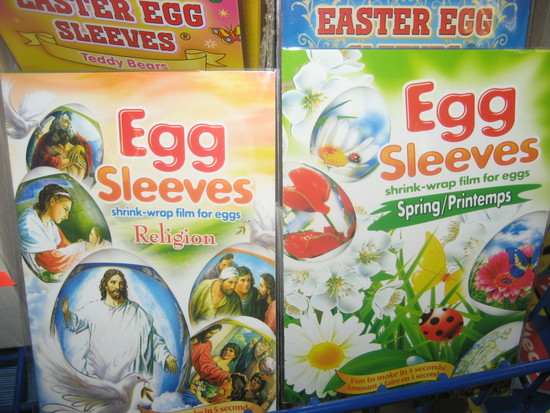
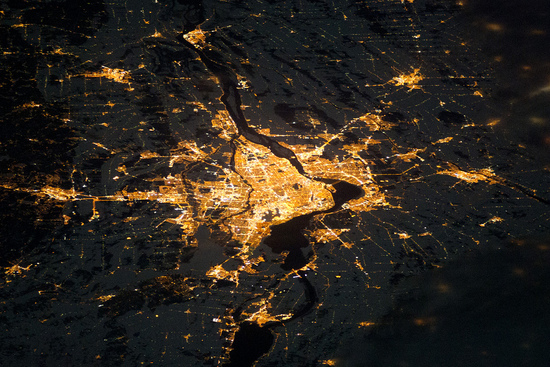
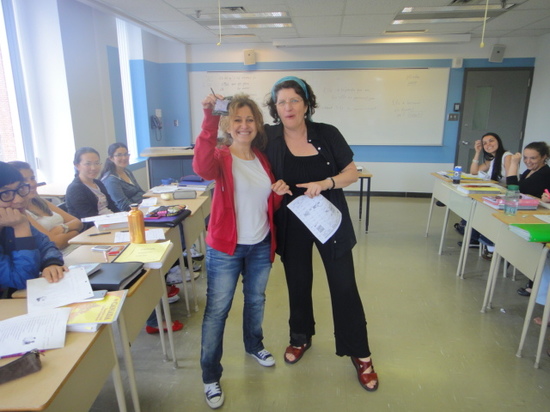
-thumb-550xauto-5317.jpg)
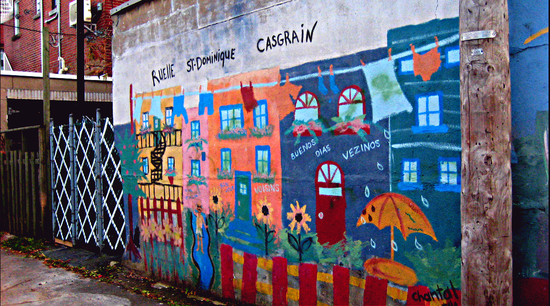
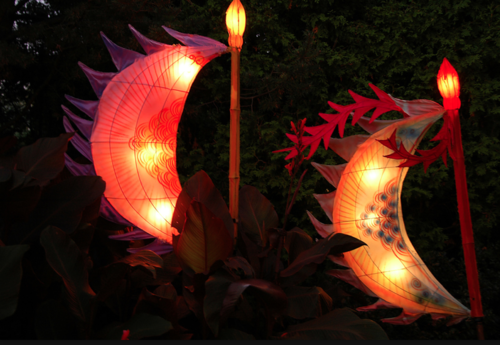
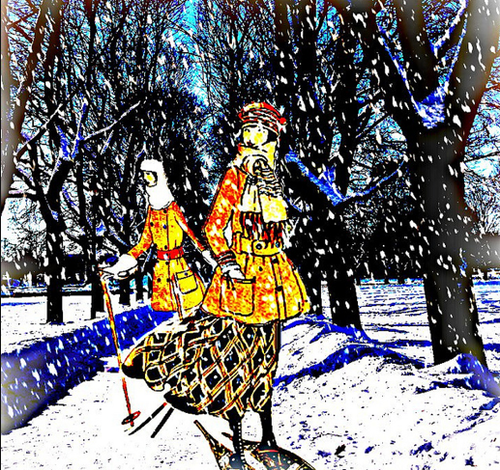


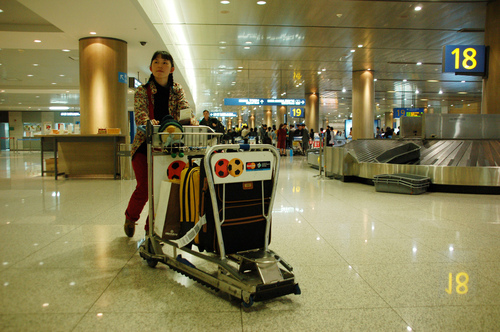
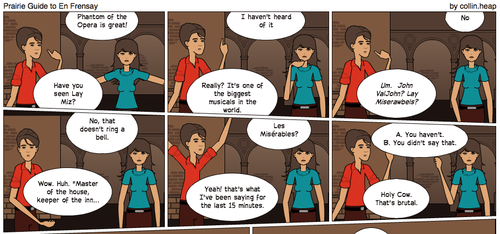

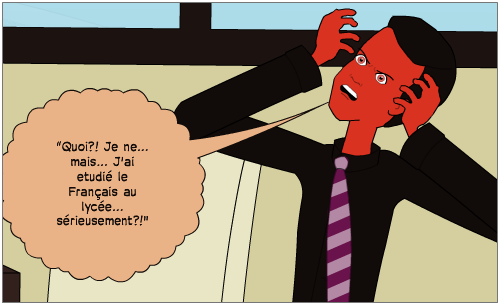

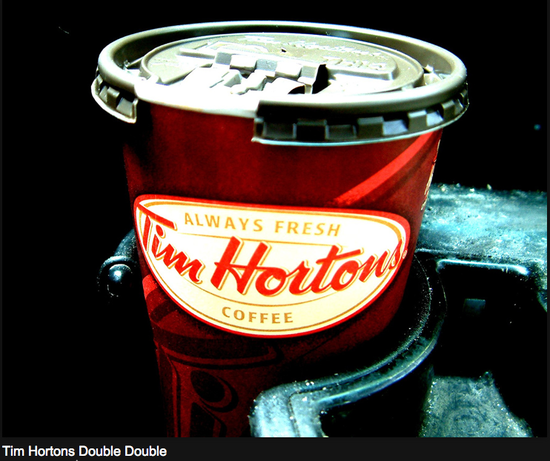
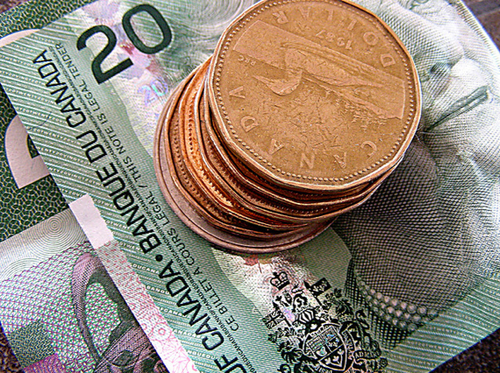
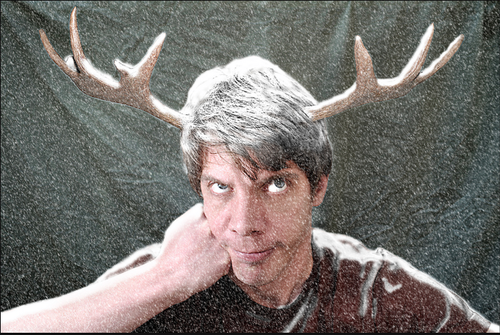

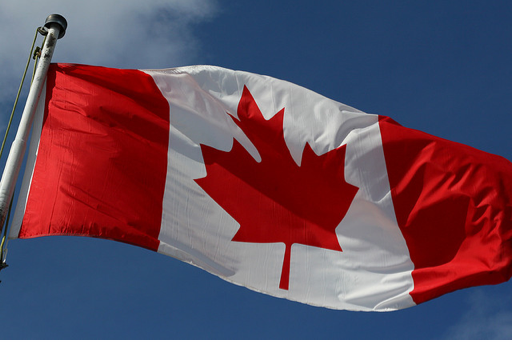
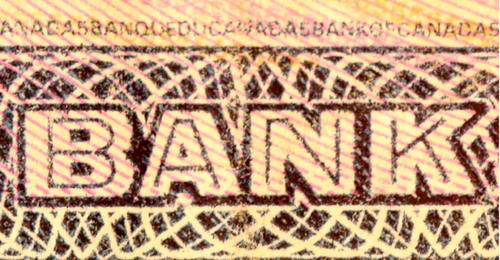
Recent Comments